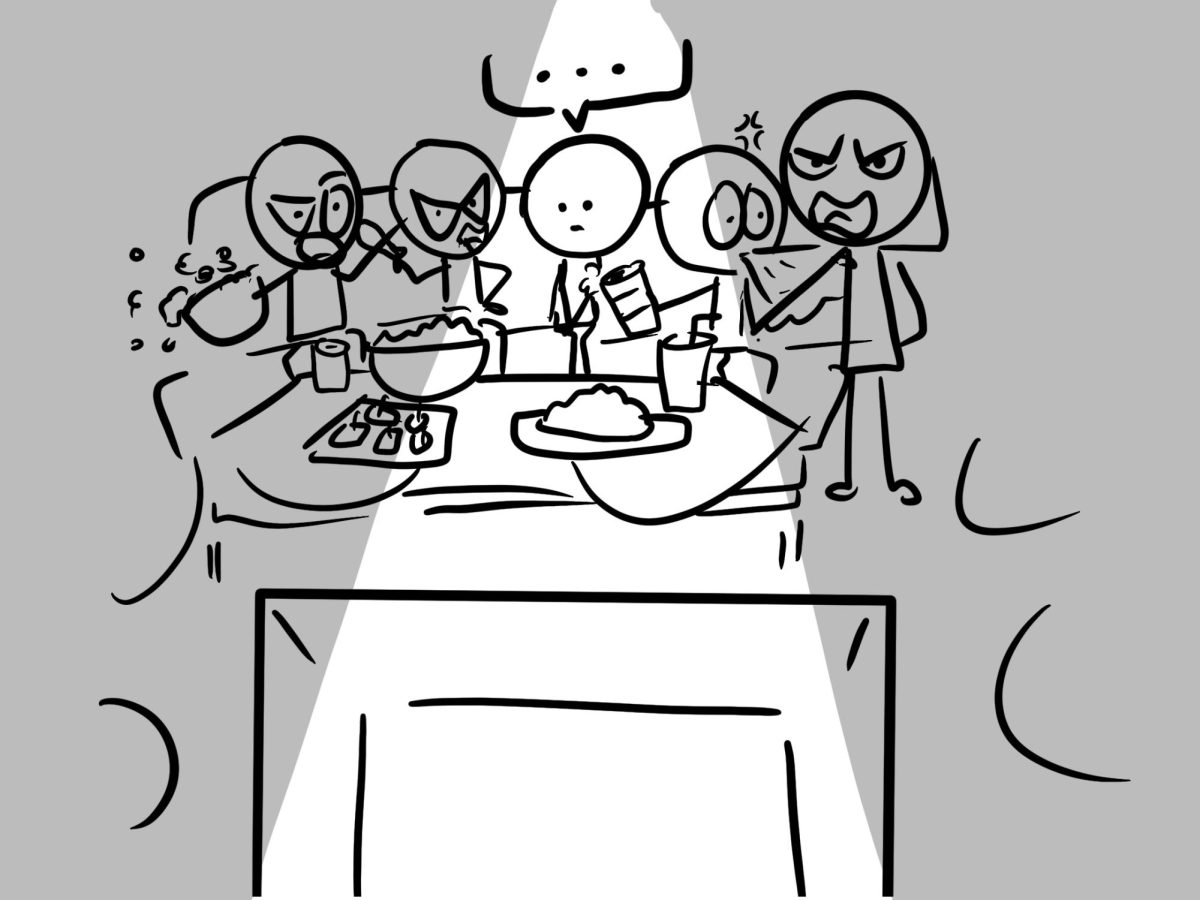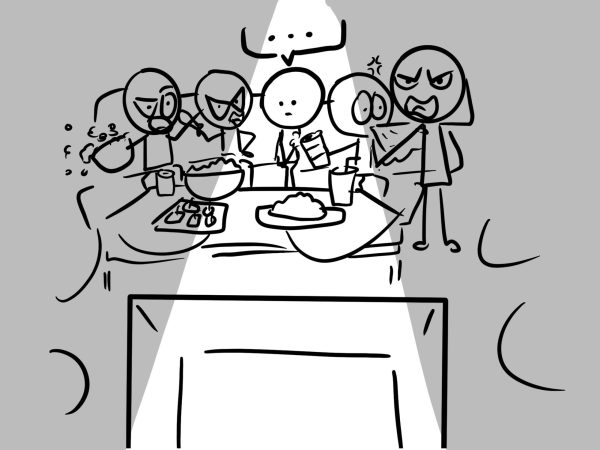It’s time to end the stigma about mental health
Conversations about mental health have become more important in the pandemic
April 26, 2021
Mental health, defined as a person’s condition with regard to their psychological and emotional well-being, is something that is heavily stigmatized in today’s society. Because some individuals exist outside of the ‘social norm’ on the basis of their mental health obstacles, they are treated as outcasts or problems to be fixed.
To be stigmatized is to be described as worthy of disgrace or great disapproval, something that so often occurs to people who struggle with mental disorders. Dating back to the middle of the nineteenth century and continuing today, the stigma surrounding mental disorders began.
According to a study by MentalHelp.net, 98% of people who were surveyed believed that mentally ill people are stigmatized and actively discriminated against.
Regardless of statistics that show at least 1 out of 5 adults in America are living with a mental illness, such stigmas prevent those struggling from receiving the care that they need and even reaching out to their own families for help.
So, how does an entire nation eradicate the notion that people suffering with their mental health are shameful? The simple answer is that people will never be able to entirely rid society of these cruel ideas and mistreatment of such individuals. However, we can all make improvements to try and reach that goal, and ideally with time, reduce the mental health stigma.
As stated by the National Institutes of Health, studies show that stigma tends to originate from lack of awareness, lack of education, lack of perception, and the nature and complications of the mental illness.
In order to reduce the mental health stigma, individuals must be open to discussions about mental health and educate themselves on these topics.
A further technique is to be conscious of the words and phrases you use when regarding mental health and mental illness and not perpetuate the idea that mental health struggles are some indication of insanity or dangerous behavior.
It is important to treat physical health and mental health with the same respect and show empathy and compassion for those who deal with mental conditions, including anxiety, depression, or PTSD.
Considering that one-half of all cases of chronic illness begin by the age of fourteen, the issue of the mental health stigma is especially important in regards to adolescents. Therefore, it is important for the youth to be well-informed and make an effort to de-stigmatize mental health.












